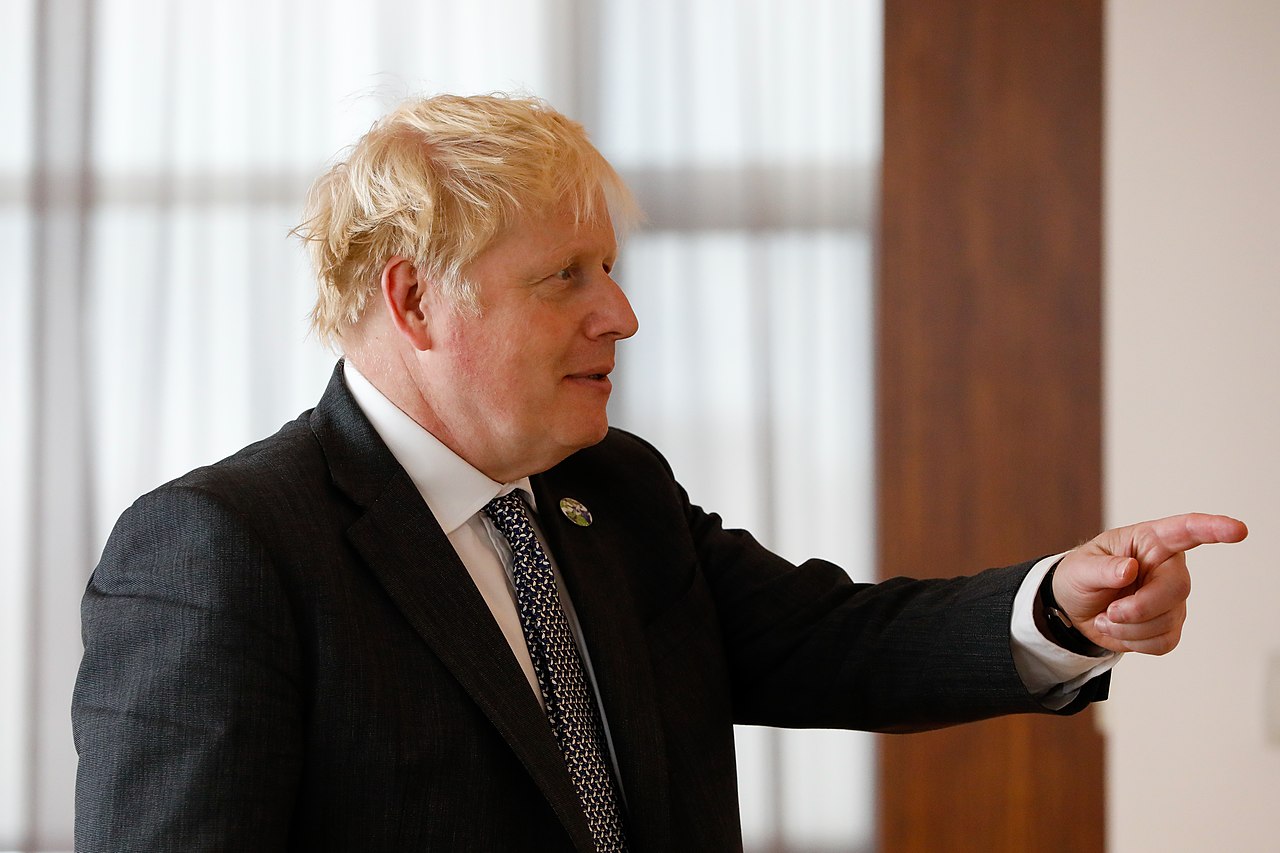LONDON (Parliament Politics Magazine) – Despite several cabinet ministers campaigning against loosening planning regulations to allow additional turbines, Boris Johnson is set to open the door to more onshore wind at next week’s energy strategy.
After authorities drew out plans for a target of 30GW by the year 2030, the cabinet is split on whether to pursue further onshore wind projects, which may often result in lengthy planning fights.
Although ministers have yet to make a final decision, a senior government source said Johnson was “open minded” and “passionate” about offshore wind.
Kwasi Kwarteng, the business secretary, has stated publicly that he would want to see planning laws loosened to allow for the construction of more onshore wind farms. Michael Gove, who is responsible for seeing the planning systems, is in favour.
One cabinet official, however, stated that onshore wind should not be rushed because it is “very expensive” and “not cost-effective.”
Even though there are safety and environmental concerns, some people are said to support a push for fracking. The Brexit opportunities minister, Jacob Rees-Mogg, has stated publicly that he supports increased onshore gas exploration in the UK.
Following Russia’s invasion of Ukraine, the PM proposed an energy independence strategy. After some delays, it is anticipated to propose a quick expansion of nuclear power and expedited renewables targets next week — however it is unclear whether a loosening of onshore wind planning restrictions would be included. Officials have proposed targets of 16 GW of nuclear power and 50 GW of offshore power by 2030 and 50GW of solar by 2030, the Guardian believes.
All possibilities must be on the table, given global price hikes and the need to be self-sufficient – but nothing has been determined yet, a Downing Street source said.
In 2014, David Cameron’s government strengthened onshore wind planning laws, demanding more local consultation. The move basically acts as a moratorium, as it was sparked by grassroots Tory opposition from communities who considered the turbines as an eyesore.
Eight members of Johnson’s cabinet signed a 2012 letter against onshore wind, including Steve Barclay, Rees-Mogg, Brandon Lewis, Nadine Dorries, Mark Spencer and Nadhim Zahawi, though a No 10 insider said: “I wouldn’t read too much into that.”
It needs to be ensured that maintaining the local environment is adequately examined with the bigger challenges of protecting the global environment, Communities Secretary Eric Pickles stated at the time.
Given the push for net zero and increasing interest in energy self-sufficiency since Russia’s invasion of Ukraine, Kwarteng believes public hostility to windfarms has waned.
It’s natural that people didn’t want to witness large-scale, onshore winds in their area for political reasons. He believes that has changed, he said earlier this week in an interview with the I newspaper. He believes the PM has stated unequivocally that onshore wind must be included in the mix, and we must consider planning.
Even before the UK committed to net zero, the debate on onshore wind in 2015 was a historic debate, he continued, and the circumstances today with Putin. Russia, Saudi Arabia, and other countries all indicate that the UK needs more energy independence, and he believes that onshore renewables are an important element of it.
“I think the public has recognised the need to diversify our energy supply and the importance of having sustainable energy sources, which move away from the volatility we see with non-renewables,” said Johnson’s official spokesperson on Tuesday when asked if the PM agreed with Kwarteng’s viewpoint.
Scotland has moved ahead with onshore wind and a more liberalised planning system, and is seen as a model by Whitehall, according to one source that described it as a “major success story.”






